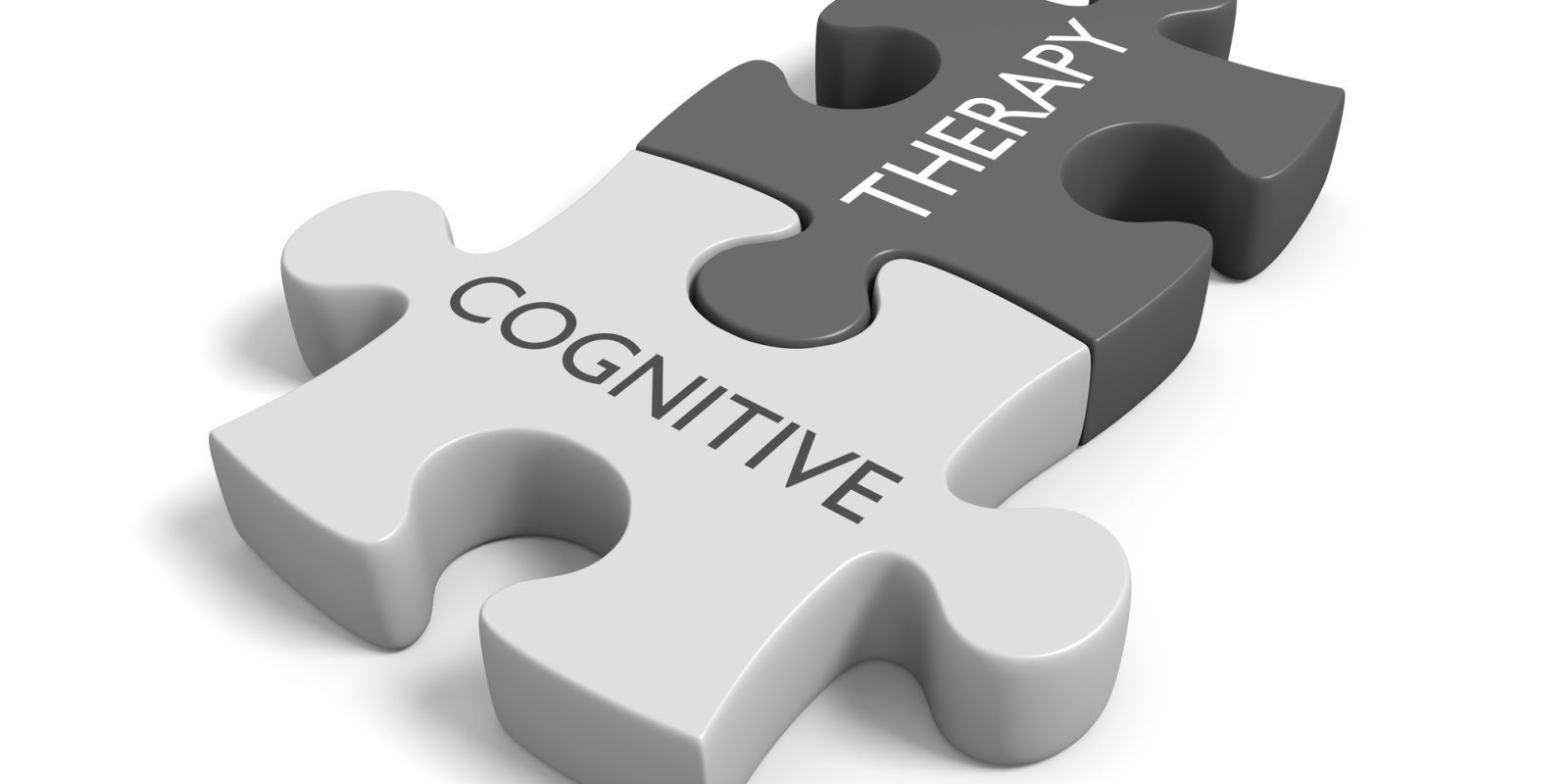When you first start going to therapy, you might be unsure about what it will be like.
Will it be an hour of questions about your family and relational history? Will your therapist hold up some pictures, ask you what you see, and then say nothing about what that means?
There are many different kinds of therapy. Finding the right therapy technique for you is critical to getting comfortable and even enjoying (yes, enjoying!) therapy.
A few different therapy types include play therapy, psychoanalytic therapy, art therapy, and cognitive behavioral therapy.
The latter of these options, cognitive behavioral therapy (CBT), is highly effective for redirecting thoughts and working through short-term complications. To find out if this kind of behavioral therapy would be right for you, keep reading.
What Is Cognitive Behavioral Therapy
Cognitive behavioral therapy is a form of talk therapy that helps patients recognize, work through, and overcome negative thought patterns. These thoughts can impede your quality of life and wellbeing.
There are no limits or requirements in order to benefit from CBT. However, some common conditions where this behavioral therapy has been known to help include anxiety, depression, addictions, eating disorders, stress, and anger issues.
When to Use Cognitive Behavioral Therapy
If you find that working through your negative thought patterns with CBT is effective and sustainable for your lifestyle, it may be a therapy type that you choose to use all the time with your therapist.
Ultimately, whether or not CBT works for you will take time to figure out. Not all therapies work for everyone. CBT happens to be one of the more traditional therapy methods available because of its effectiveness and reliability.
Sometimes it may not be helpful to focus on your negative thoughts, and you might instead use exercise therapy to release tension and stress.
If you have tried CBT in the past during your healing and recovery, you may like it for the straightforward thought-mapping processes. It is a form of therapy that offers you the ability to get to know yourself better and face your fears when you’re ready.
Or, you may not have enjoyed CBT. While therapy is not always about enjoyment, it is important that you can build a sense of trust and comfort within your therapy practice, as well as with your therapist.
Remain open to trying other forms of therapy if you are struggling to find a method that works for you.
Finding a Therapist
Once you decide that cognitive behavioral therapy is right for you, it’s time to find the right therapist for you, as well.
Take your time consulting with and meeting with potential therapists. It’s important that you get along with and feel comfortable with your therapist. You’ll be trusting them to support you through your lifelong healing process.
Facing Your Therapy Fears
Starting a new form of therapy, or beginning therapy for the first time, can be a daunting task. You’ve made the first step to finding the right kind of therapy for you.
You’ve already started doing the work by learning about cognitive behavioral therapy, now it’s time to start working on the healing.
The Process Recovery is here to support you through your tough times. For more information on therapy and recovery, visit our page.



